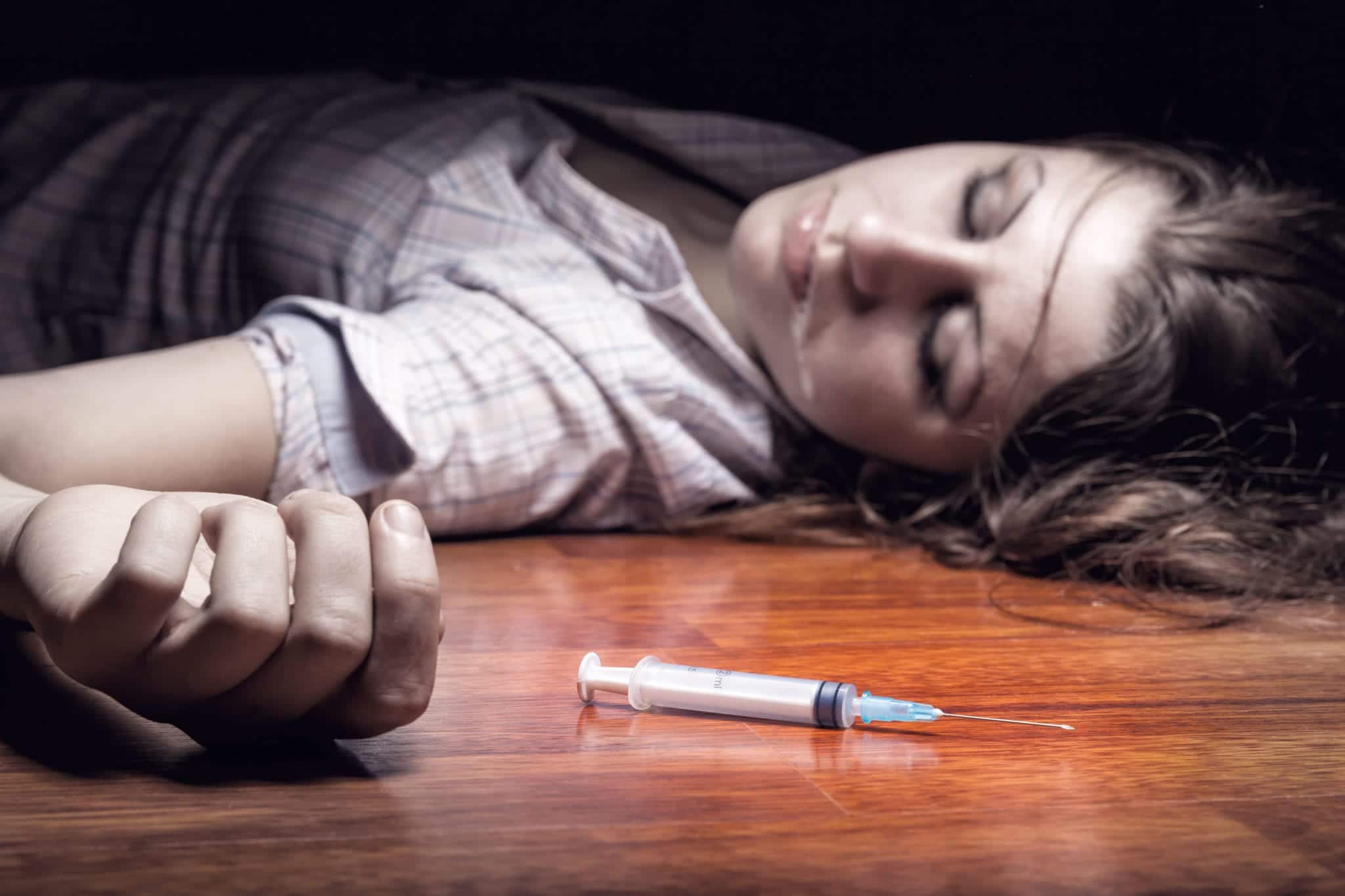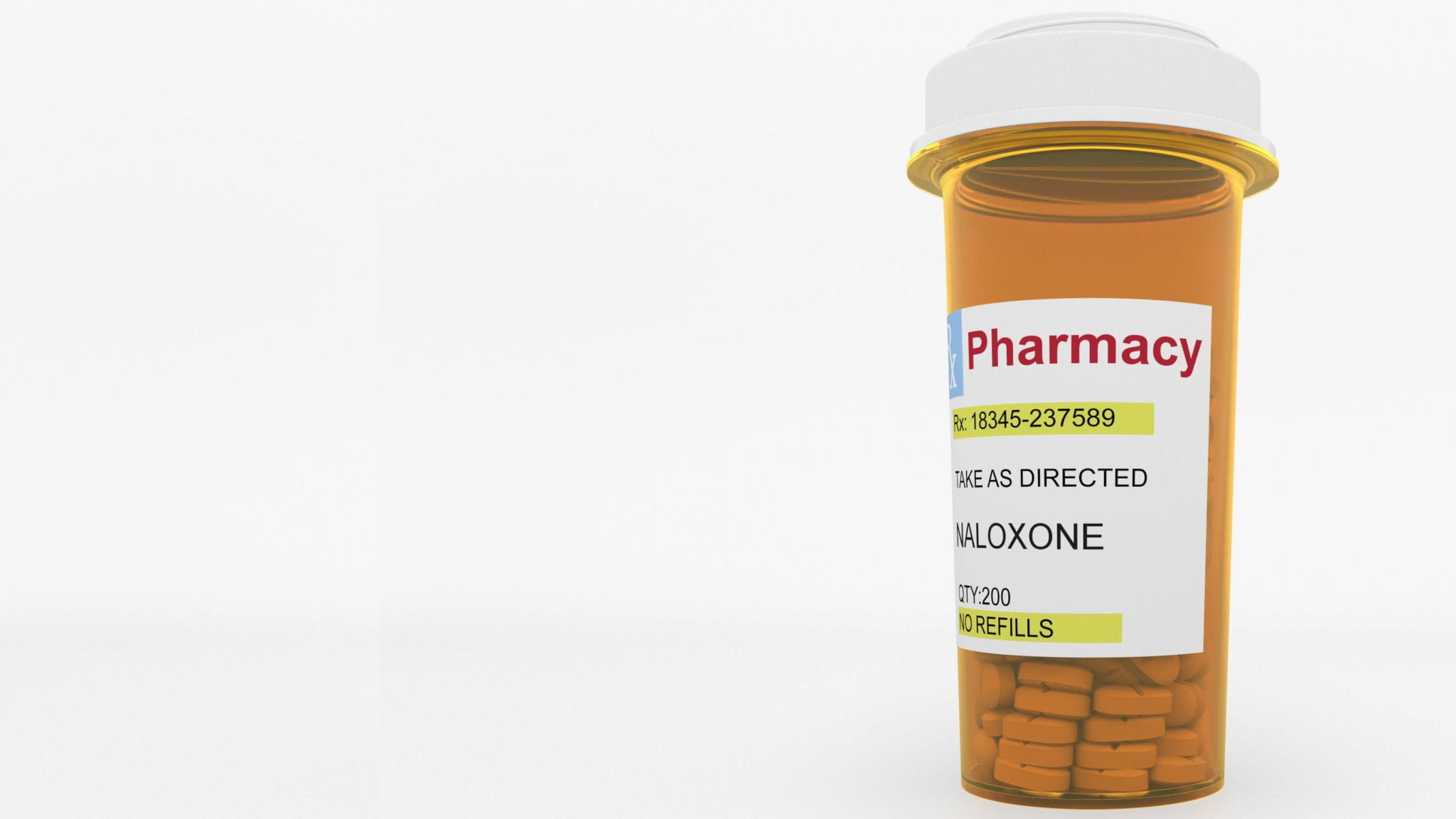
Our nation is currently in the grips of an opioid public health crisis, with astronomical increases in drug-related deaths, most of which are due to opiates.
In 2017 alone, 694 Minnesotans perished from opiate overdoses. Sadly, many of these deaths would have been preventable with timely medical intervention. However, people are often reluctant to seek out emergency medical help for an overdose because they’re afraid of being charged with possession or other drug crimes.
They shouldn’t be, though.
Why? Because there are protections in place that grant immunity to people seeking out medical attention for an overdose, known as Good Samaritan laws. Below, we’re going to discuss the specific conditions required for immunity from prosecution, as well as additional options for preventing drug overdose deaths.
Like most states, Minnesota has expanded its Good Samaritan laws in reaction to the opioid health crisis. Under these laws, bystanders and overdose victims cannot be prosecuted for seeking out help for an overdose. This encourages people to get the life-saving help needed in the event of an overdose.
There are also other programs intended to rehabilitate drug addicts rather than criminally prosecuting them, such as that in St. Louis county.
What protections do you have specifically?
Immunity for Calling 911
If someone is experiencing an overdose, you will not be prosecuted for calling 911, even if you have also been engaging in drug use and are in possession of drugs or paraphernalia at the time.
Under Minnesota law, you will not be charged for possession, sharing, or use of a controlled substance so long as you meet the following requirements for immunity:
- The evidence for a drug charge was obtained as a result of your seeking medical assistance for another person.
- You seek emergency help for someone in immediate need of medical assistance.
- You are the first person to have sought medical attention for the overdose, provide your name and contact information, and remain on the scene until assistance arrives.
Immunity for Overdose Victims
A person experiencing an overdose will not be charged with drug or paraphernalia possession if in need of medical assistance.
Probation or Release
If you or the overdose victim are currently on probation, release, or in a diversion program, these programs will not be affected by seeking out emergency assistance for an overdose.
Naloxone Programs
An opioid overdose can be reversed if naloxone is administered on time. This is an FDA-approved “rescue drug” that works by reversing the bond between opioids and their receptors in the brain. The effects are nearly immediate, and it is the intervention used by medical personnel.
Naloxone can also be administered by lay people, and often family and friends are in the best position to administer this life-saving drug. An increasing number of programs provide Naloxone and training for safe use.
We highly recommend these programs if opioid overdoses are a concern among your friends and family. In fact, many physicians recommend keeping Naloxone around even when prescription painkillers are being used as prescribed, since it’s often difficult to predict what will cause an overdose in an individual patient.

However, if you administer Naloxone to someone suffering an overdose, you should still seek out emergency medical attention. The drug only works temporarily, so multiple administrations are often necessary. Moreover, overdose victims often require other treatments and supportive care to recover.
What it boils down to is that if someone is experiencing a drug overdose, you should call 911 immediately. Emergency services are aimed at helping drug overdose victims, not prosecuting them.
About the Author:
Christopher Keyser is a Minneapolis-based criminal and DWI defense attorney known for fighting aggressively for his clients and utilizing innovative tactics to get the most positive results. He has been featured in numerous media outlets due to the breadth and depth of his knowledge, and recognized as a Minnesota Super Lawyers Rising Star (2014–2015), a Top 100 Trial Lawyer (2013–2015), and a Top 40 Under 40 Attorney (2013–2015).





